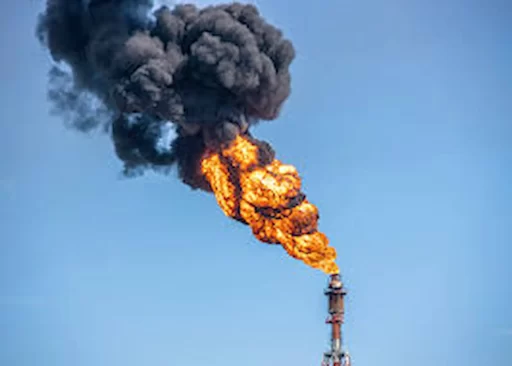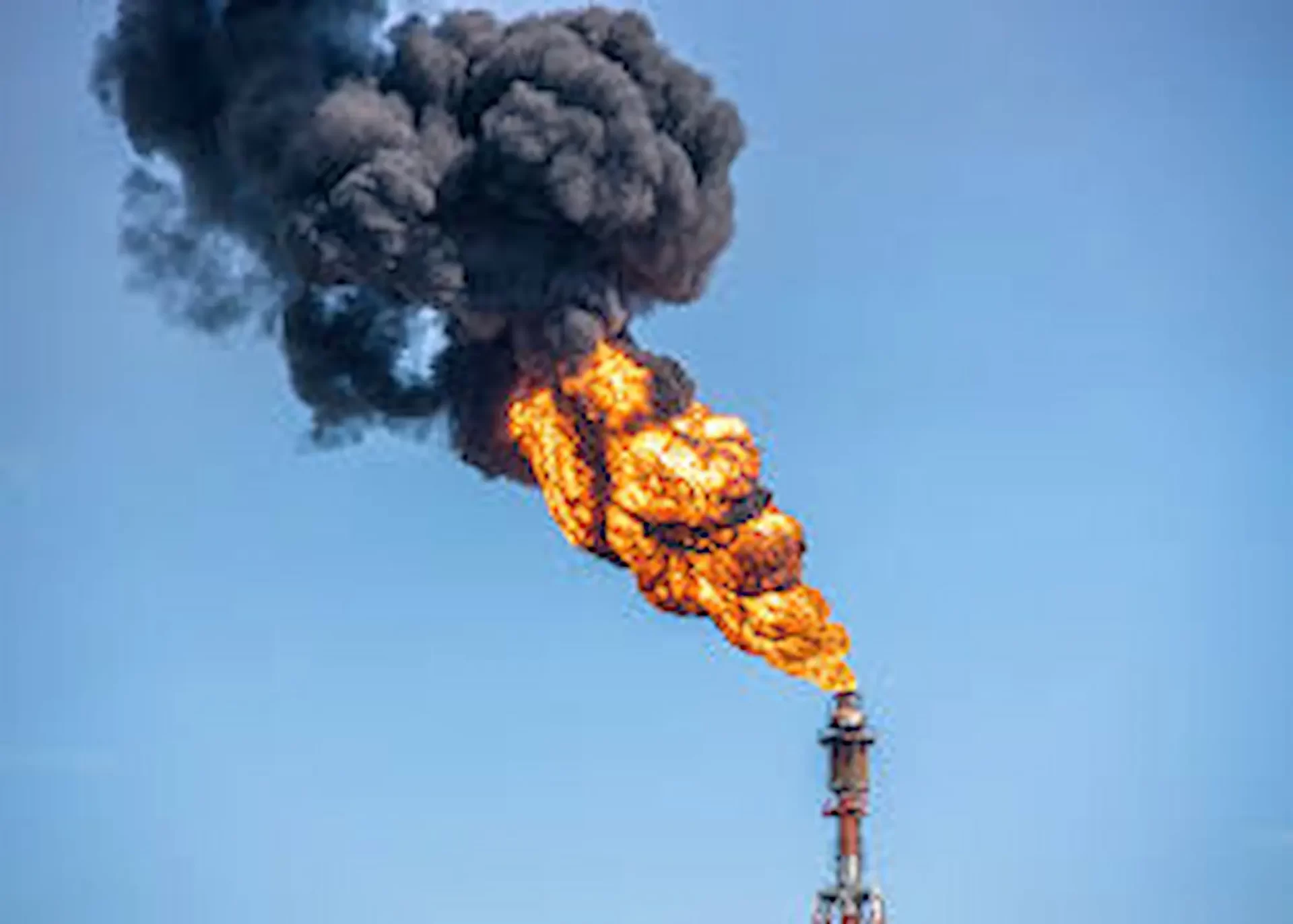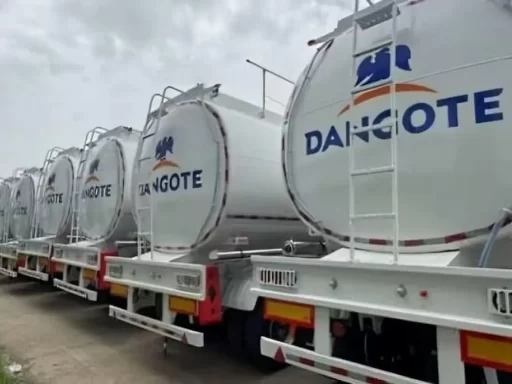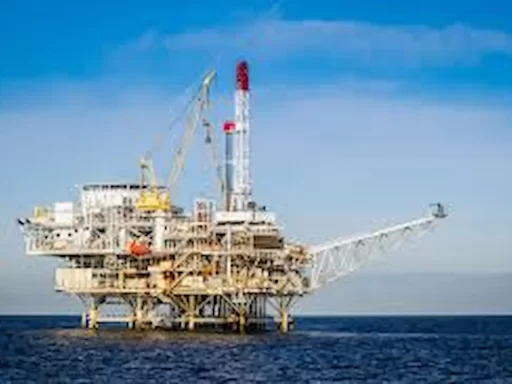Nigeria’s Gas Wealth: From Wasted Potential to Urgent Reform
Nigeria sits atop an estimated 210 trillion cubic feet (tcf) of proven natural gas reserves the largest in Africa and among the top ten globally yet much of this wealth literally goes up in smoke. Decades of unchecked gas flaring across the Niger Delta have cost the country billions of dollars in lost revenue and caused severe environmental damage.
The Paradox of Plenty
Despite its vast reserves, Nigeria still struggles to produce enough gas to meet domestic demand. This is especially striking when compared to other African nations: Algeria holds around 4.5 tcf, Egypt 77 tcf, Mozambique 150 tcf, Libya 50 tcf, and South Africa between 5–10 tcf. Nigeria’s advantage should be clear, but it is undermined by systemic challenges.
Structural and Policy Bottlenecks
Gas development in Nigeria is hindered by inadequate infrastructure, outdated equipment, limited processing facilities, and a poor maintenance culture. Funding remains a major obstacle, as gas projects require significant capital investment, which is often discouraged by unstable policies and regulatory uncertainties.
Security risks to pipelines and facilities further complicate the investment climate. These factors collectively limit the country’s ability to connect gas-rich areas to industries, power plants, and export terminals.
What Needs to Change
Experts agree that unlocking Nigeria’s gas potential will require coordinated action between the government, private investors, local communities, and international partners. Priority steps include:
- Building a robust pipeline network to link production hubs to domestic and export markets.
- Expanding liquefied natural gas (LNG) capacity to reach global buyers.
- Upgrading gas processing, storage, and distribution facilities.
- Implementing stable, investor-friendly policies with incentives such as tax breaks and subsidies.
- Enhancing security for gas infrastructure.
Driving Economic Growth
A steady gas supply could power thermal plants, which remain Nigeria’s primary source of electricity, and support industries like petrochemicals, fertilizers, and manufacturing. Policies that promote gas-powered vehicles and household appliances could also reduce reliance on kerosene and biomass, improving air quality and living standards.
Private Sector as Catalyst
Former Minister of Power Prof. Barth Nnaji recently stressed the importance of enabling private sector participation to unlock the sector’s full potential. The success of Nigeria LNG’s planned expansions depends heavily on consistent gas feedstock and a supportive investment environment.
No Time to Waste
Nigeria has shown it can achieve large-scale energy reforms in other sectors. Applying the same urgency and commitment to gas could transform the economy, reduce imports, and open new export markets. The alternative — continued flaring and underutilisation is an unacceptable waste of both natural wealth and national opportunity.
The question is no longer whether Nigeria can act, but when. As the world moves toward cleaner and more efficient energy, the time to turn gas flares into economic fuel is now.







